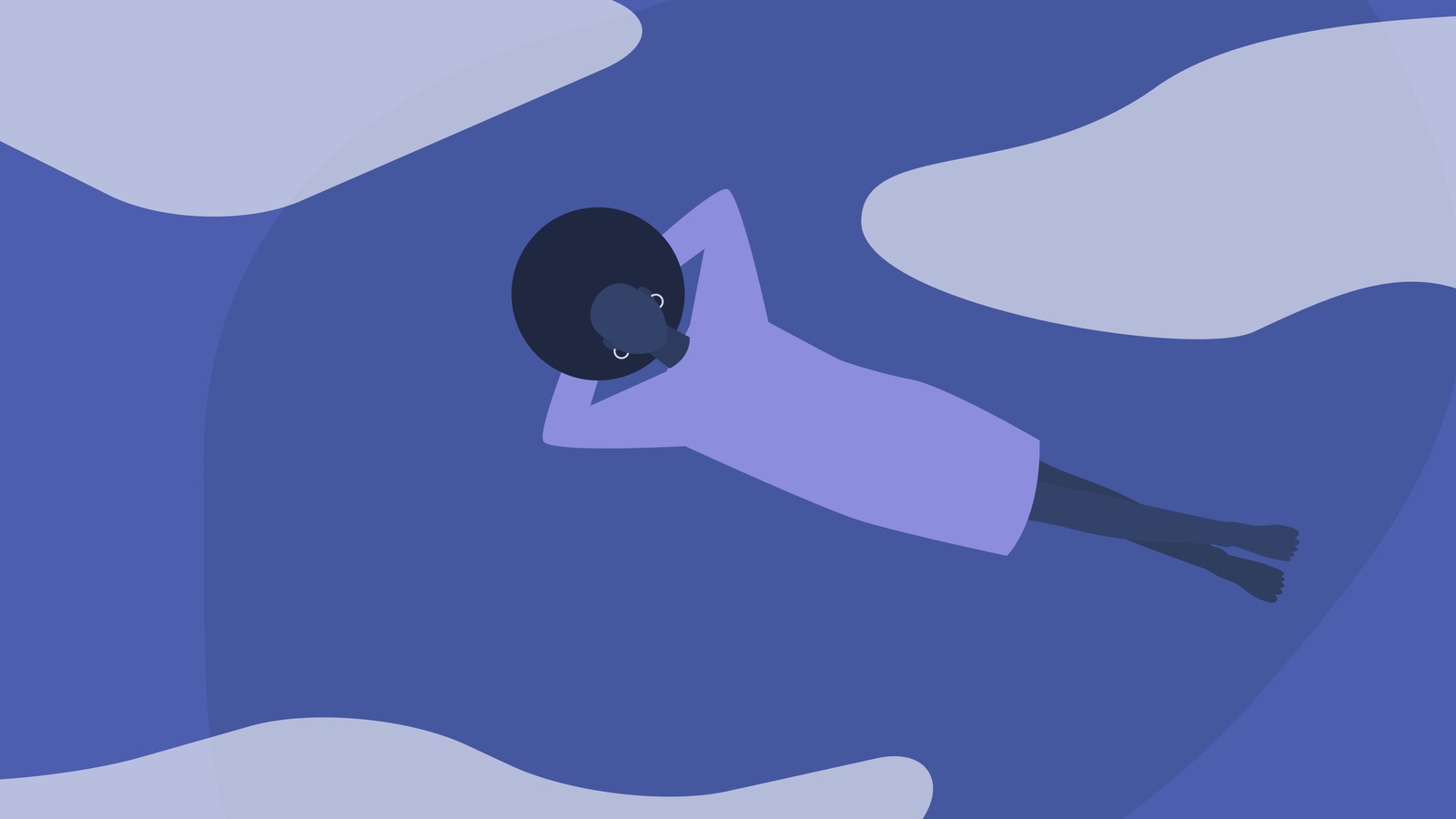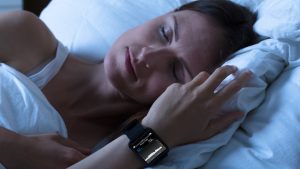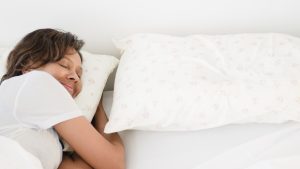Why our health editor will never use a sleep tracker
Could a tracker be ruining your sleep? Our health editor, Lucy Gornall, dives in...

Could a tracker be ruining your sleep? Our health editor, Lucy Gornall, dives in...
Sleep is the glue that holds us all together and is often an area of our lives we struggle to get right. And that's even when we use a sleep tracker or one of the best fitness trackers.
However, I’m here to tell you why I think sleep tracking may be making things worse.
Research by The Sleep Council has shown that 33% of people only manage five to six hours sleep a night, far less than the recommended eight. In fact, 7% get less than five hours a night.
Sleep – or, rather, the lack of – is clearly an issue. And, with good health creeping up our priority ladder quicker than ever before, it seems only right that we pay attention to this key pillar.
Rob Hobson is a nutritionist and author of The Art Of Sleeping. He explains that a long-term lack of sleep can lead to a greater risk of diabetes, high blood pressure, weight gain and mental-health issues. It’s no joke.
Is using a sleep tracker bad for you?
As a health and fitness editor, I spend more time than is probably deemed “normal” reading sleep books, scouring through health-related articles and trying out every sleep product under the sun. This includes everything from CBD drops through to “white noise” (essentially, recordings of mundane sounds like vacuum cleaners and hair dryers*). But one thing I never do is use a sleep tracker.
Sign up to our free daily email for the latest royal and entertainment news, interesting opinion, expert advice on styling and beauty trends, and no-nonsense guides to the health and wellness questions you want answered.
You’re essentially setting yourself up for, potentially, a negative start to the day.
For me, back in the days when I did eagerly check my tracker after what seemed like a flawless night’s sleep. It went something like this…
* Alarm goes off *
My mind: “Ah, what a great sleep! I feel energised, rested and, actually, who needs caffeine? Let me just reach over to my phone and see what the tracker has logged.”

* Excitedly checks app *
“Oh. I got five hours of sleep. Right. That’s rubbish then. Won’t bother with an early night next time.”
Honestly, why would you put yourself through this negative mental torture?
If you’re already holding a PhD in sleep tracking, never straying from ensuring your Fitbit/Apple Watch/whatever-piece-of-fancy-tech stays on your wrist throughout the night, you might be appalled at my thinking. How else would anyone know whether they’d slept well? Or if their REM sleep was in check with their light sleep and all their brain waves were, erm, waving at the right time?
If I wake up feeling as fresh as a well-watered daisy, I take it as a given that I slept well. Done. No over-thinking and I can crack on with my day.
There are some benefits of a sleep tracker
Of course, a sleep tracker is a great way to get a more detailed insight into your sleep stats, though. This insight can be useful if perhaps you’re wondering why you’re so tired all the time. Or maybe you’re intrigued as to the inner workings of sleep.
MORE:How to get to sleep faster and how to sleep better: tried and tested tricks you can try tonight
Plus, as a disclaimer, I do wear a tracker all day to monitor my movements – and I love it.
Anyway, I digress. I did a shout-out on social media and, while I wasn’t alone in my dislike of sleep tracking, several people did tell me that they swore by it…
Laura Dove, said, “I track almost every night. I love it, but I don’t really get anxious about the tracking. Although, I could see how some people would. I find it so useful to see how long I’ve spent in different zones. And then to see how to balance those and read things about how to up certain stages like REM sleep.”
Stuart Peck told me he tracks “all the time”:
“Historically, I don’t sleep well. I wanted to better understand the correlation of how I felt each morning and during the day with the measured breakdown of sleep across deep/light/REM. It also forces me to make sure I get enough sleep.”

Will you use one?
OK, so now I’ve balanced the books a little, if sleep anxiety wasn’t enough of a reason for me not to don a tracker at night, there’s the bloody nightmare of that roll-over-and-the-watch-lights-up fandango. The room is dark and, suddenly, what feels like the bright lights of Vegas flash up on your wrist.
As Rob explains, artificial light, or blue light, is a type of light “that interferes with the body’s ability to produce melatonin, the hormone that regulates the sleep/wake cycle”.
So, you’re just essentially waking yourself up.
Aside from the fact that my Apple Watch – my would-be sleep tracker of choice – needs charging over night, I just refuse to wear a piece of technology to bed. Did cavemen need a tracker to get good sleep? No! Therefore, neither do I.
*FYI – the white noise did not work for me…
Lucy Gornall is the former Health & Fitness editor at Future and a personal trainer specializing in pre and post-natal exercise.